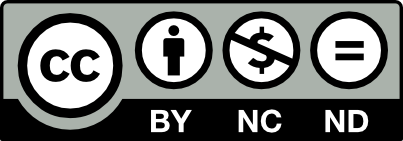Co-evolution of the therapeutic and supervision system: a clinical case.
DOI:
https://doi.org/10.23823/ftqp1309Keywords:
supervision, family loyalty, differentiation of self, therapeutic alliance, identity reflection, co-evolutionAbstract
This article, structured on the examination of a case report, aims to highlight the decisive support of supervision in the therapeutic process. Regardless of whether clinical supervision is requested by the training institute or voluntarily by the therapist, it does not represent just a way to experience the reference constructs of a theoretical orientation. Reference models show the young clinician how to "inhabit" the therapeutic role and supervision is crucial in the process of personal maturation. Elena, the patient in issue, wasn’t neither able to negotiate for herself norable to be coherent with her feelings in the “here-and-now”. As well as Elena finds space for herself just through the compliance to the family loyalty system, the therapeutic process wasn’t capable to co-construct personal meanings. Supervision was asked in two different times of the therapeutic process and as the alliance in both the therapeutic and supervision system was free to grow, it was observed a transformative outcome if the therapeutic process.
Downloads
Downloads
Published
Conference Proceedings Volume
Section
License
Copyright (c) 2024 Serenella Garibaldo

This work is licensed under a Creative Commons Attribution-NonCommercial-NoDerivatives 4.0 International License.
Authors who publish in this journal agree to the following:
- Authors retain the rights to their work and give to the journal right of first publication of the work simultaneously licensed under a Creative Commons License - Attribution that allows others to share the work indicating the authorship and the first publication of this journal.
- Authors can accept other non-exclusive licensing agreements for the distribution of the published version of the work (eg. Deposit it in an institutional repository or publish it in a monograph), provided to indicate that the document was first published in this journal.
- Authors can spread their work online (eg. In institutional repositories or on their website) before and during the submission process, because it can lead to productive exchanges and increase the work published citations (See The Effect of Open Access) .










